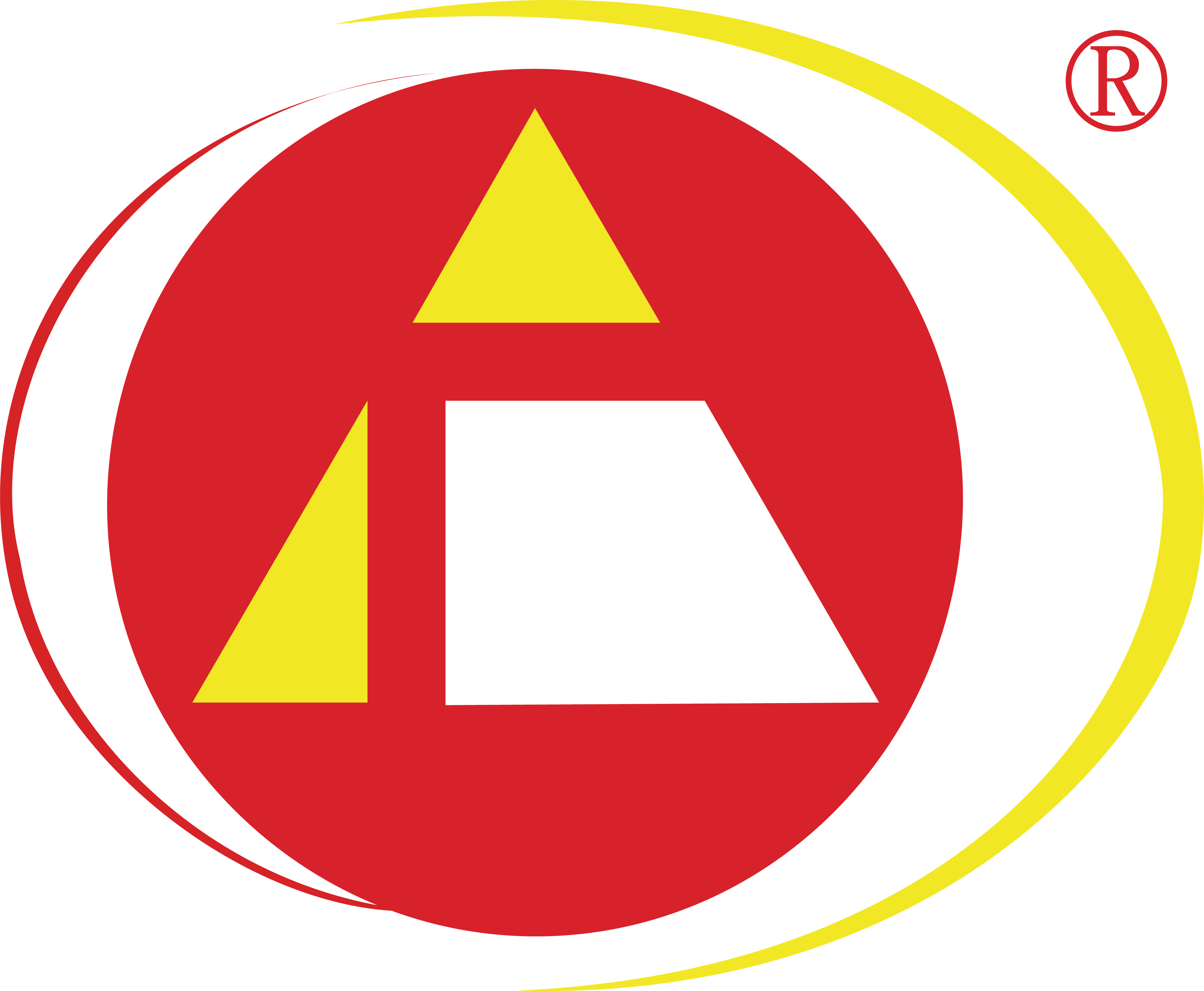0102030405
Phosphating pretreatment line for metal parts or welded parts
Types of Phosphate Lines
● Iron phosphate
Iron phosphate is the most commonly used pretreatment for powder coating because it can be used with almost any material and has more environmentally friendly bi-products or sludge. This process is commonly used on steel materials.
● Zinc Phosphate
Zinc phosphate is a non-metallic, crystalline coating that are extremely adherent to materials. It is important to note, zinc phosphate results from the solution itself, not from the part surface like an iron phosphate coating. Zinc phosphate crystals start forming at anodic surfaces on the part surface and stop forming when the part surface area is consumed, ie. they hit another crystal. Unlike the iron phosphate, a zinc phosphate can not clean and coat at the same time: therefore, a four stage- wash, rinse, zinc phosphate, rinse is a common setup. While zinc phosphating provides improved coating adhesion properties, better coating in tight areas and better corrosion resistance, the process has higher operating costs, uses heavy metals, and can produce considerable sludge, none of which are environmentally friendly for disposal purposes. Zinc phosphate is typically used on galvanized steel materials.
● Chromium phosphate
Chromium phosphate is most commonly used for aluminum alloy based parts. While this process is effective, like zinc phosphate, it uses heavy metals which need to be recovered for environmentally friendly disposal.
● Phosphate Process Controls
Controlling the phosphating process is essential to achieving consistent coatings which ultimately result in a stable coating process. The most important process controls in phosphate conversion coating are:
Time – the longer the contact time the more time to chemically react, the process must be long enough to allow the chemistry to form a uniform coating
Temperature – chemistries typically become more aggressive at elevated temperatures
Concentration and pH – the more acid in concentration accelerates the coating process and can result in a heavier total weight of coating
Product Display
















